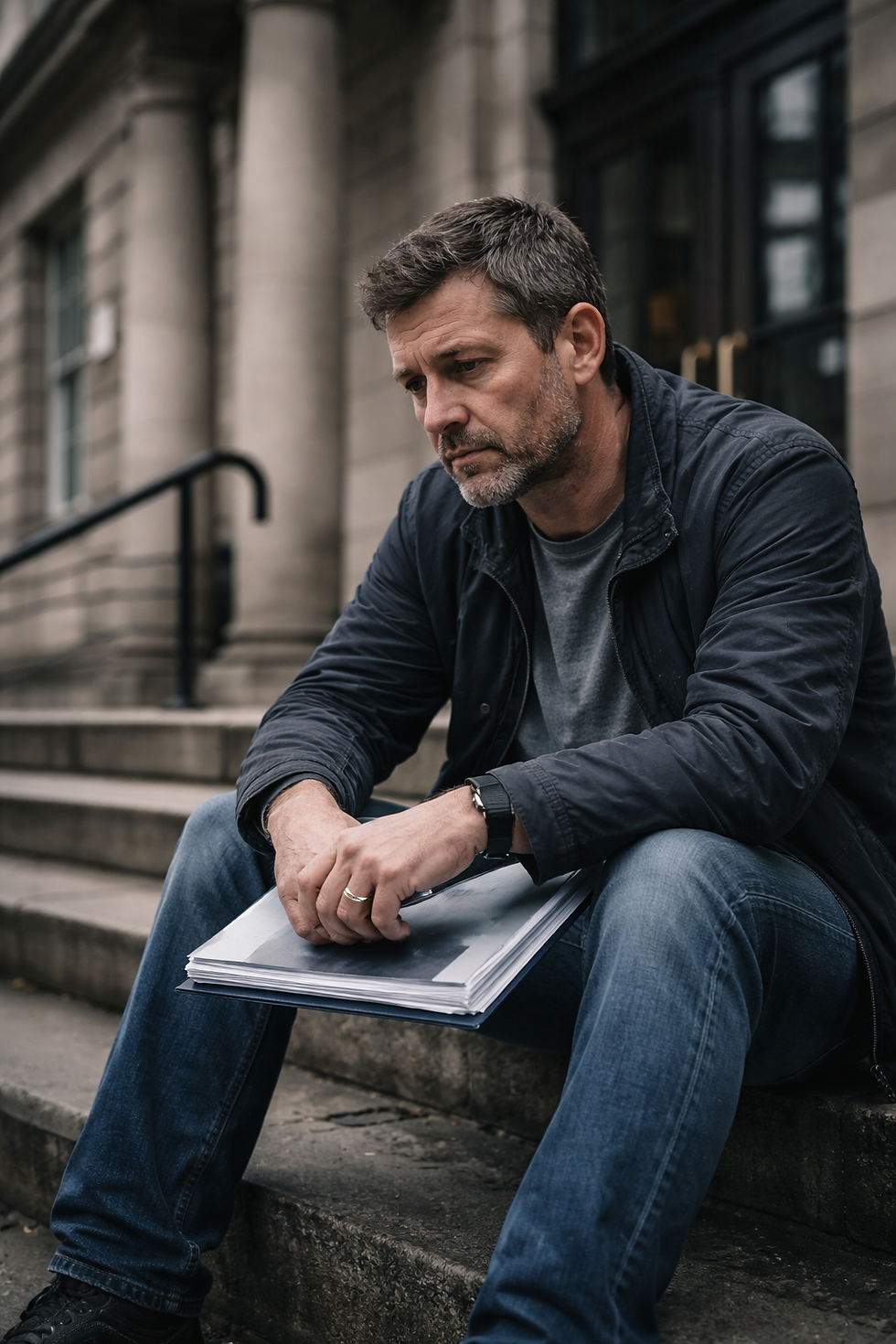False Rape Claims: When Suspended Sentences Send the Wrong Message : By Michael Thompson, Founder of Falsely Accused Network
- Falsely Accused Network

- Jan 13, 2025
- 3 min read
The recent case involving Luisa Kremleva's false rape allegation against footballer Theo Hernandez represents everything wrong with how our justice system handles malicious accusations. The six-month suspended sentence handed down by the Malaga court is not just inadequate—it's dangerous.
As founder of the Falsely Accused Network, I've witnessed firsthand the devastating impact false allegations have on innocent lives. While Hernandez, thankfully, was cleared within days due to CCTV evidence, many others aren't so fortunate. The psychological trauma, reputational damage, and social stigma attached to rape accusations often persist long after vindication.
The court's documentation clearly shows Kremleva acted "maliciously." She fabricated a serious criminal allegation "out of revenge" after Hernandez declined to continue their evening together. The evidence was damning: CCTV footage contradicted her story, and she had sent messages attempting to meet Hernandez after the alleged incident—hardly the behavior of a genuine assault victim.
Yet despite this premeditated attempt to destroy a man's life and career, Kremleva walks free with merely a £1,500 fine and a suspended sentence. This punishment does nothing to deter others from making false allegations, nor does it reflect the severity of her actions.
Let's be absolutely clear: false rape allegations don't just harm the accused. They damage the credibility of genuine sexual assault survivors and make it harder for real victims to come forward. Every false claim adds another layer of skepticism that real victims must overcome.
The justice system's reluctance to impose actual jail time for proven false allegations sends a dangerous message: that attempting to destroy someone's life through false accusations carries minimal risk. This isn't about deterring genuine victims from coming forward—it's about ensuring there are real consequences for proven, malicious lies.
The seven-year duration of this case also highlights another systemic failure. Kremleva repeatedly delayed proceedings, failed to appear in court, and only admitted her guilt when faced with overwhelming evidence. The trauma for the accused doesn't just lie in the allegation—it lies in the years of uncertainty and stress while cases drag through the system.
As our network's research shows, false allegations often follow a pattern: they're typically made after consensual encounters, often motivated by revenge or regret, and frequently target individuals in high-profile or vulnerable positions. The Hernandez case fits this pattern perfectly, yet our justice system continues to treat such cases with kid gloves.
What message does a suspended sentence send to others who might consider making false allegations? That even if caught, even if proven to have acted maliciously, they likely won't face real consequences? This isn't justice—it's an invitation to abuse the system.
The solution is clear: when false allegations are proven beyond doubt, when malicious intent is established, the punishment must reflect the severity of the crime. A suspended sentence for attempting to destroy someone's life isn't just insufficient—it's an insult to justice.
Until our courts start treating malicious false allegations with the seriousness they deserve, we'll continue to see cases like this. And while Hernandez's career survived this ordeal, many others aren't so fortunate. Their stories rarely make headlines, but their lives are no less valuable, their suffering no less real.
It's time for change. It's time for our justice system to recognize that false allegations aren't just lies—they're weapons. And those who wield them maliciously deserve more than a slap on the wrist.
If you've been Falsely Accused of Domestic Abuse or sexual assault then please visit www.falselyaccusednetwork.co.uk or email us at support@falselyaccusednetwork.co.uk to arrange a free and confidential call.
You're not alone !



Comments